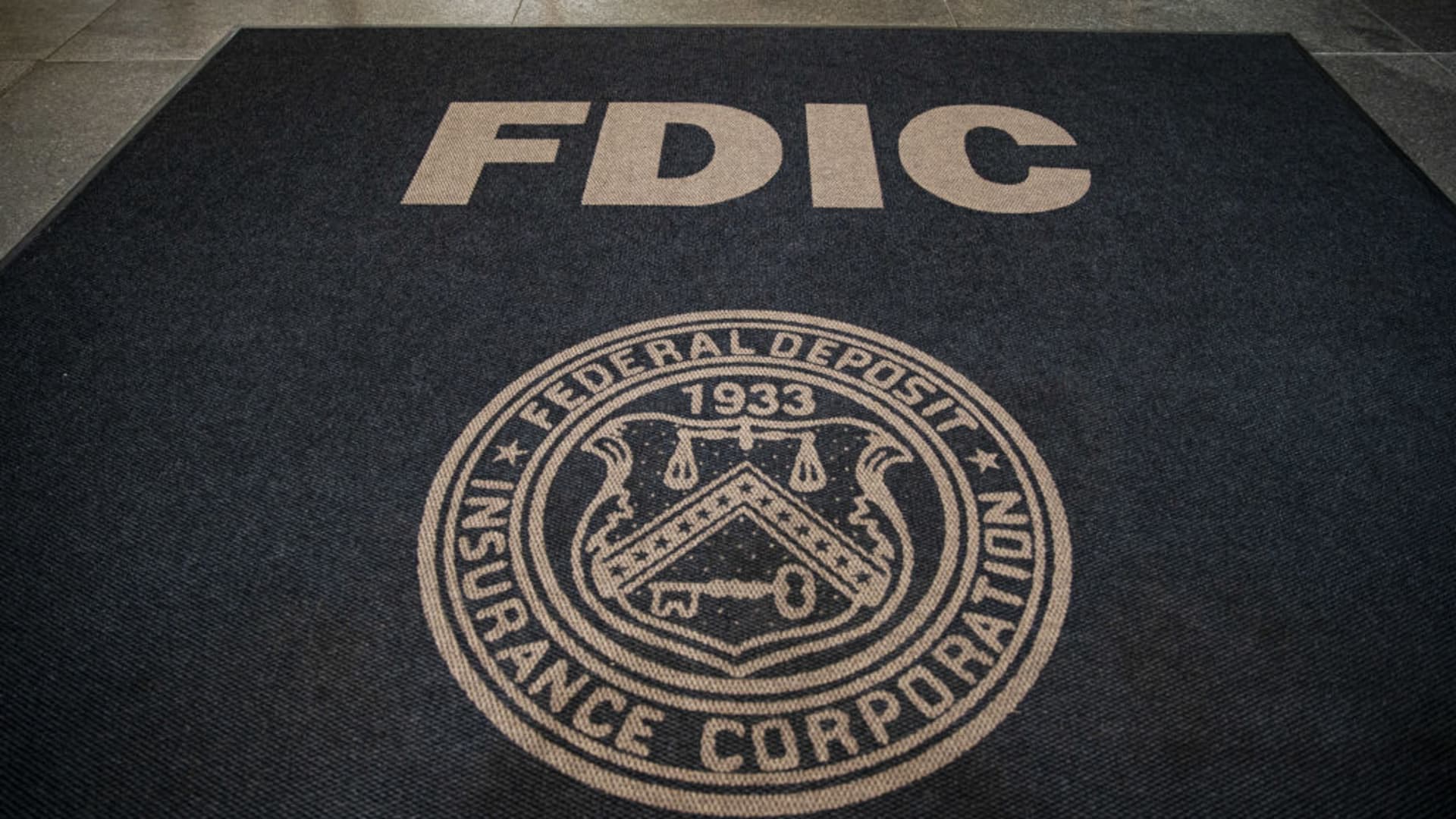International stock markets went all kerflooey Wednesday on news that Credit Suisse, the European bank with rich chocolatey flavor, was on shaky financial ground, which shouldn’t be too surprising since Switzerland has roughly 500 to 800 earthquakes annually, though they’re seldom severe.
NPR reports that the problems at Credit Suisse are actually way different from the bank runs that led to the collapse of two big US banks over the weekend, and that stock markets are already bouncing back after the Swiss National Bank extended about $54 billion in credit — only in Swiss francs — to stabilize Credit Suisse. Whew! Also, we should note that Swiss franks are not made with chocolate, but are just ground up pig lips like everywhere else.
The Swiss Mess didn’t involve a bunch of panicky depositors demanding their money all at once, but instead came after the bank “had already been reeling after a succession of scandals and poor decisions that several CEOs have failed to address over several years.”
The lender also recently acknowledged there had been potential problems with the way it reported its financial position as recently as last year, and its shares then plunged on Wednesday after the chairman of its biggest shareholder, Saudi National Bank, said it would not increase its nearly 10% investment.
So take heart! It wasn’t a sudden liquidity crisis, it was just a new development in a yearslong saga of bad management. That ought to be all kinds of reassuring to financial markets, which we gather can be completely spooked into a panic like these horses who were freaked out by a bunny rabbit.
The Washington Post explains (free gift linky) Credit Suisse’s problems in a bit more detail, noting that it has been
struggling with financial losses, risk and compliance issues, as well as a high-profile data breach. In October, it disclosed that it had suffered significant customer withdrawals. In recent years it was also impacted from its relationships with the collapsed hedge fund Archegos and a failed financial firm, Greensill Capital.
Crom forbid we ever say anything good about the bone-sawing Saudi government, but we can sort of see the Saudi National Bank’s point in its decision not to increase its investment in Credit Suisse. The Saudi bank’s chair, Ammar Al Khudairy, was asked by Bloomberg TV if the Saudi bank was willing to shore up Credit Suisse, and he explained, nah, no can do, for reasons:
He said the Saudi stake was currently 9.8 percent and ownership over 10 percent would activate a host of higher regulatory and statutory rules. “We’re not inclined to get into a new regulatory regime,” he added.
So it wasn’t just meanness, just business, and lord knows nobody likes having to do more paperwork. I think that on that much at least, we can all identify at least a little bit with the billionaire journalist-murdering Saudi regime.
Nonetheless, the Saudi announcement made international investors assume there was a bunny rabbit in their path, contributing to yesterday’s market fuckbungle. There may have been no actual connection to the Silicon Valley Bank and Signature Bank crashes in the USA, but by golly, investors had already seen a plastic bag and they were on edge.
Well OK, fine, maybe there was a little more to it than just skittishness, since as WaPo also points out, Credit Suisse is way bigger than either American bank that flopped over, so had it actually stumbled, the effects would also have been far more serious. Happily, because it’s so big and because European banks can’t be deregulated willy nilly whenever Republicans are in charge of the US government,
Credit Suisse has substantially more liquid assets than SVB and is labeled a “Global Systemically Important Bank (G-SIB)” — meaning it is subject to significantly higher standards for capital, funding, liquidity and leverage requirements.
That seems like an important point somehow!
The Post also asks, “Is this as bad as the 2008 financial crisis?” and immediately answers “No,” going on to point out that unlike in 2008, we don’t have a zillion banks that are invested heavily in mortgage-backed securities that are losing value rapidly, so it’s pretty likely that the Swiss national bank’s addition of stabilizing marshmallows should keep Credit Suisse smooth and frothy. But the story adds,
However, markets can change quickly, and Credit Suisse is the first major global bank to be thrown an emergency lifeline since the 2008 financial crisis, Reuters reported.
You just never know when investors will see a balloon or hear themselves fart, so we could still be thrown.
In conclusion, everything should be fine, and both horses and world financial markets can be pretty silly sometimes.
Yr Wonkette is funded entirely by reader donations. If you can, please give $5 or $10 a month so we can keep you up to date on all the economic news and farting horses.








































































